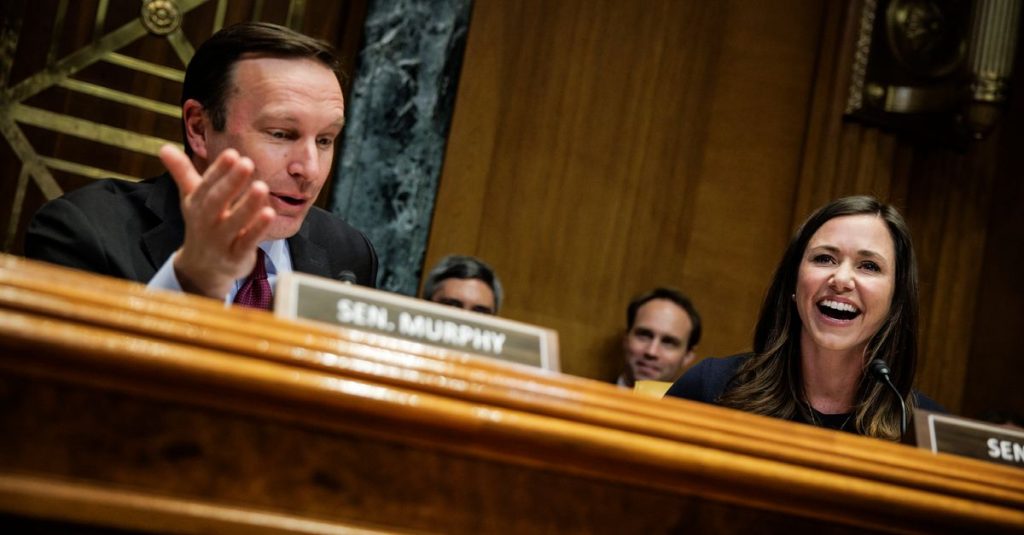Congress has recently passed a bill to ban the popular video-sharing app TikTok unless it divests from its Chinese parent company, as lawmakers debate how to regulate social media and protect digital privacy. Senator Chris Murphy believes social media is as dangerous as cigarettes and believes in creating new standards for online safety. State lawmakers are passing their own laws to protect kids online and ban them from social media, as Florida did last month. The Kids Online Safety Act has 68 co-sponsors in the Senate, with a strong interest in allowing a vote and potential passage this year. However, passing complex legislation can be difficult in presidential election years.
Democrats reject the idea that the TikTok divestiture bill was a missed opportunity for something more ambitious, stating that TikTok is a national security threat and a separate issue from the broader problem of social media harming individuals. The debate over the TikTok bill has highlighted the broader harm of social media, with users contacting Congress to complain about the possible ban leading to an overload of calls to members’ offices. Senator Brian Schatz co-sponsored the Kids Online Safety Act but believes it doesn’t go far enough due to children still being allowed to have social media accounts.
The tech industry and civil liberties groups argue that age-gating the internet violates the First Amendment, as federal courts have stopped several state laws requiring companies to verify users’ ages. They believe that Congress should set a national standard for data privacy to protect consumers from corporate abuses. Senators Maria Cantwell and Cathy McMorris Rodgers have introduced a broad data privacy bill, the American Privacy Rights Act, which aims to curtail companies’ power to track people and sell their data while allowing consumers to opt out of targeted advertising.
However, momentum on Capitol Hill can be elusive, as evidenced by the stalled bill with Blumenthal to take away internet platforms’ immunity for violations related to online child sexual abuse material. Senator Lindsey Graham expressed frustration at the lack of progress on this issue. Overall, while there is increasing awareness of the need to regulate social media and protect children online, translating this into effective legislation remains a challenge in the current political climate. There is a growing sense of urgency to address the complex issues surrounding social media, data privacy, and online safety, but finding consensus and passing meaningful laws requires bipartisan cooperation and sustained effort.


